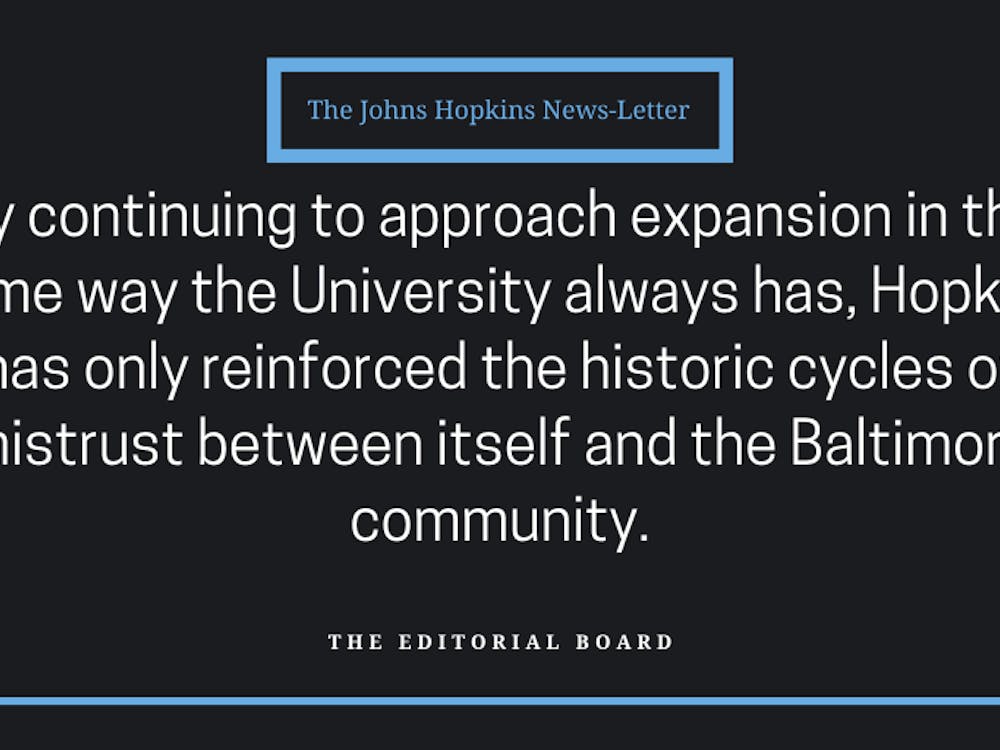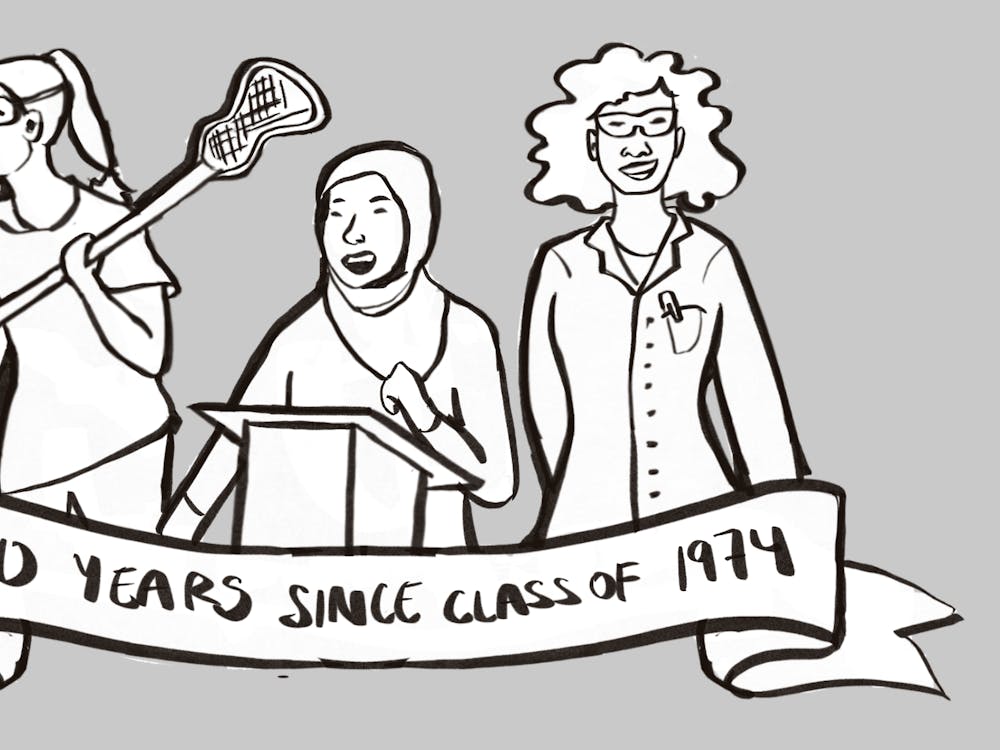At the Taiwanese American Student Association’s (TASA) recent Night Market, which highlighted many Asian cultures, there was a booth dedicated to breaking Asian stereotypes. Members of the Inter-Asian Council, which sponsored the booth, spoke about the importance of raising this issue on campus, citing the recent casting of Scarlett Johansson as Major Motoko Kusanagi in the live action version of Ghost in the Shell.
Originally a Japanese cartoon, or anime, the film’s recent casting decision has sparked controversy among fans of the series. The Major is a central character in the manga, television programs and films that comprise the series, which takes place in Japan. Johansson is not ethnically or nationally Japanese, making her an unsuitable choice for the role. Of course, this is not the first time a white actor has portrayed an Asian character. In fact, just last year Emma Stone, who is white, was cast in Aloha (2015) as a woman who was one quarter-Chinese and one quarter-Hawaiian, inciting considerable backlash.
The Editorial Board condemns the casting of white actors in Asian roles. It is a common example of whitewashing and of Asian erasure. It reinforces the white privilege actors already receive and increases the presence of whiteness on American television screens, where Asian actors are already disproportionately underrepresented. With so few roles written for Asian actors, it is offensive and insulting when these roles are given to white actors who have ample opportunities elsewhere.
Some may argue that white actors are cast in Asian roles because they are most talented and suitable to fill these roles. This argument suggests that there isn’t a single actor from the character’s country of origin, or even an actor of any Asian descent, capable of portraying the character with as much skill and authenticity as a white actor.
More likely, these casting decisions are influenced by profit – the blockbuster value that the name of a star like Johansson carries probably influenced her selection for the role.
It is important to note that this is not a marginalization reserved for people of Asian descent. Rather, it is part of the larger issue of rampant racism in the entertainment industry. One only has to look at the most recent Oscars, which featured only white nominees in all of the acting categories for the second year in a row, or at Ashton Kutcher’s 2012 commercial for Pop Chips, in which he donned “brownface” and portrayed a crude caricature of an Indian man.
It is difficult to say what might affect real change, as Hollywood’s racism has prevailed in spite of criticism time and time again. As a place to start, the Editorial Board encourages Hopkins students to participate in meaningful dialogue surrounding whitewashing. The Editorial Board commends TASA and the Inter-Asian Council for providing a forum for this conversation on the Hopkins campus. The Editorial Board also implores the student body to continue the discussion of Asian erasure and racism in the entertainment industry more broadly beyond TASA’s night market.
This editorial was written by the 2016-2017 editorial board.






















Please note All comments are eligible for publication in The News-Letter.